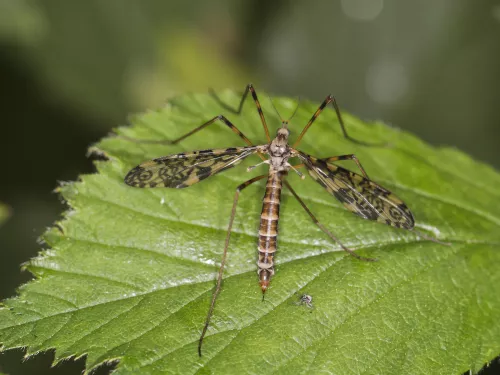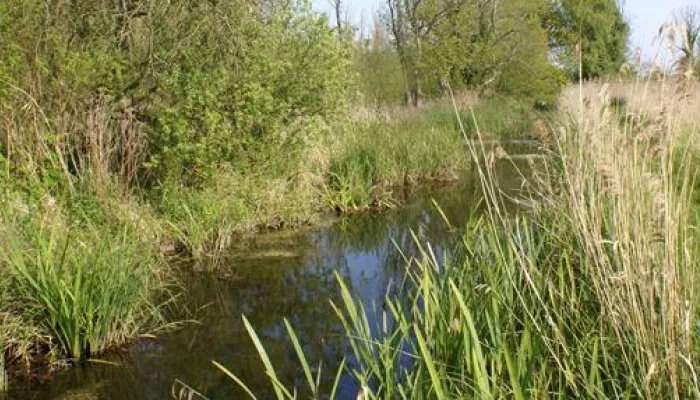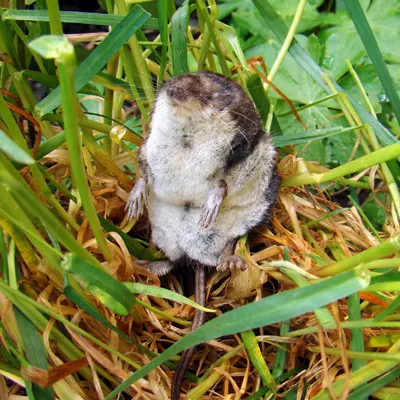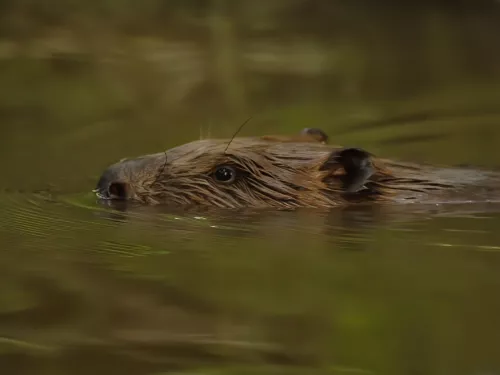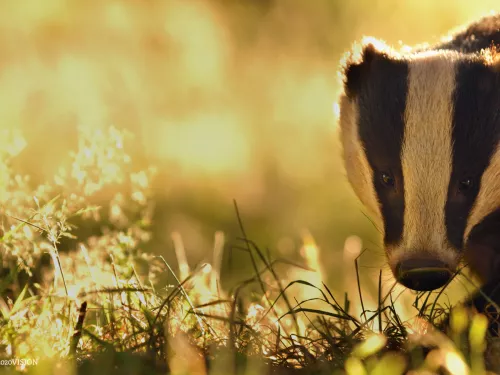Additionally, the Trust will be working on a private landholding adjacent to the reserve to restore fenland habitat as well as also investigating the potential to recreate species-rich chalk grassland, a habitat that has been absent from the area for well over a century.
It is hoped that this project could act as the catalyst for a major conservation restoration project in the peat basin as a whole and pave the way for the re-establishment of fenland habitat to provide the foundation for exploring the reintroduction of species previously lost - such as fen orchid, marsh helleborine, adder’s-tongue, marsh fritillary butterfly and shining ram’s-horn snail.
Chloe Sadler, Kent Wildlife Trust’s Water for Wildlife Officer, said: “We’re thrilled that our vision for the Ham Fen Peat Basin captured the interest of Coca-Cola. This funding will enable us to put in place methods to monitor the impact of our efforts to improve the quality and quantity of water stored within this area, as well as restoring some of the rarest habitats (and the animals and plants associated with them) in our county.
“By working on private landholdings as well as our own reserves we’re beginning to create the vital stepping stones needed to better connect up the landscape in order that wildlife can move more freely and that people can benefit from all the services a proper functioning landscape provides. We hope that this project will demonstrate how collaboration with businesses can be a real positive force in nature conservation.”
The Ham Fen project is one of three new projects launched by The Coca-Cola Foundation, The Rivers Trust and WWF, working together to replenish water in the Thames and South East River Basins, for the benefit of both people and wildlife.
Funded as part of the global Coca-Cola ‘replenish programme’ these projects will locally contribute to the company promise to safely return the equivalent amount of water used in all their drinks and production to communities and nature.
